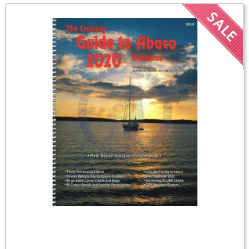CFR 33
deals with nautical laws and is handy among sailors and Coast Guards.
In fact, it is an important part of litigation, and knowing the CFR
33 will keep you up to speed with the laws of different waters. This
is called admiral law or maritime law which deals with potential
offenders such as trading ships and sailors of the Navy. It is an
intricate part of public international law and some sections of the
CFR 33 are highly relevant to trading and territorial disputes in the
navigable waters of America.
CFR
33 in the latest edition, is a
book which should be bought by any enthusiast of the sea, and
maritime law. Title 33 and Title 46 of the Code of Federal
Regulations are usually consulted by Classification societies,
engineering firms, deck officers on oceangoing vessels, and marine
engineers. It covers jurisdiction, general provisions, the protection
and security of vessels, harbors, and waterfront facilities.
Chapters
Of The Book
The
CFR 33 comes in its latest edition to keep you up-to-speed
with current protocol on oil spills and trade disputes. What's more,
it gives the code by which bridges can be built on territorial
waters. You can determine the security of your vessels and sue
trespassers on your vessel. This book governs the functions of oil
and gas companies that may have large-scale processes, but, never
fail to abide by the laws written in this book.
It is
divided into three chapters:
- Chapter I — United States Coast Guard,
- Chapter II — Army Corps of Engineers,
- Chapter IV — Saint Lawrence Seaway Development Corporation.




No comments:
Post a Comment